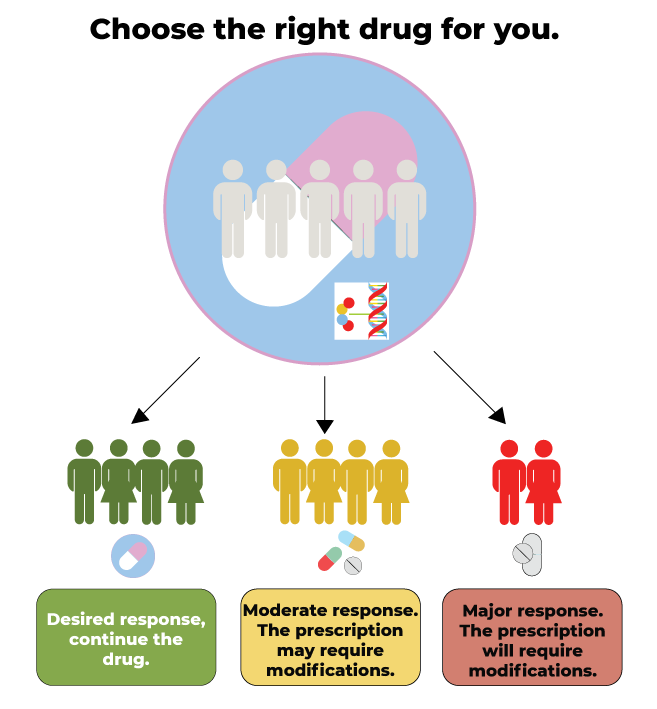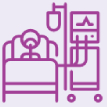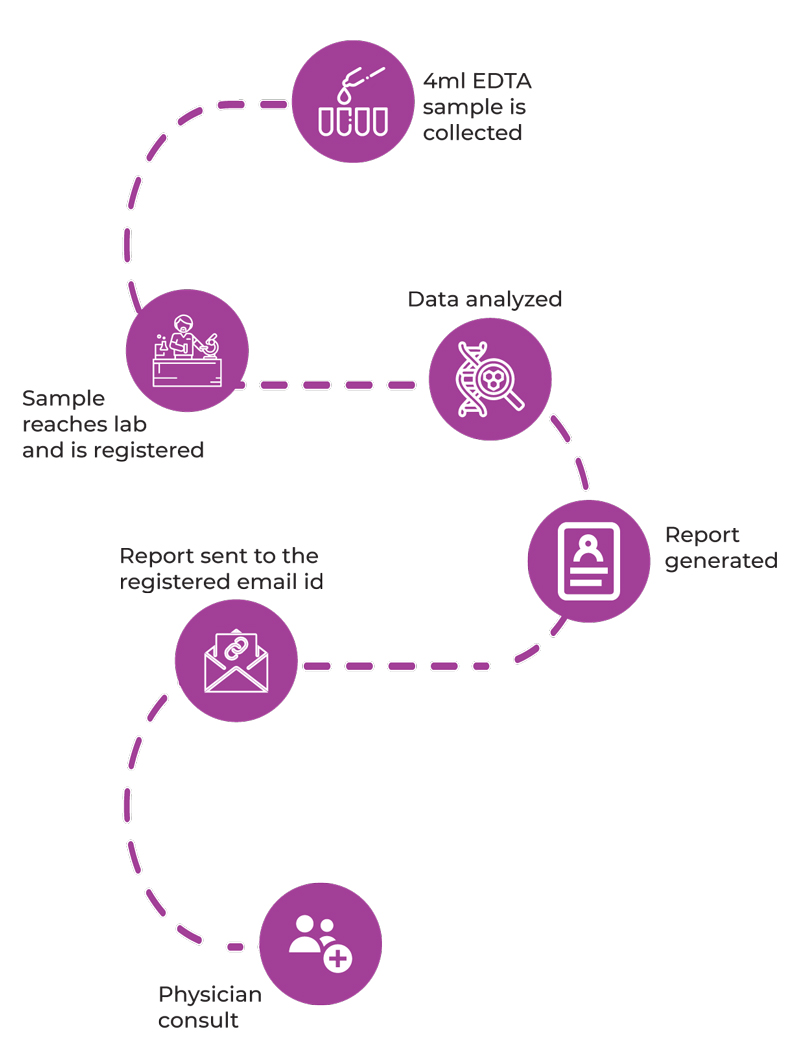Yes, Clopidogrel is a blood thinner used to stop platelets from sticking together in turn reducing the risk of strokes or heart attack. CYP2C19 enzyme helps in conversion of Clopidogrel to its active metabolite.
The Clinical GENOMIST Implementation Consortium (CPIC) dosing guideline has recommended the following based on the GENOMISTreport.
As enough active drug will not be produced in individuals carrying CYP2C19 *2/*2 or *3/*3 or *2/*3 ( poor metabolizers), clopidogrel might not be able to stop platelets from sticking together leading to an increased risk for stroke. Therefore, if a person gets this report, an alternative antiplatelet therapy for CYP2C19 poor or intermediate metabolizers might be recommended.
| Genetic Test Result | Metabolizer | What it Means | Recommendation |
|---|
| *17/*17, *1/*17, *1/*1 | Ultrarapid / Rapid / Normal metabolizer | Increased or Noraml clopidogrel activity | Use standard dose |
| *1/*9, *9/*17, *9/*9, *1/*2, *1/*3, *2/*17, *3/*17 | Likely intermediate / intermediate metabolizer | Reduced clopidogrel activity | Avoid standard dose / Consider use of an alternative antiplatelet agent at standard dose if no contraindication. |
| *2/*9, *3/*9, *2/*2, *3/*3, *2/*3 | Likely poor / poor metabolizer | Significantly reduced Clopidogrel activity | Avoid clopidogrel / Consider use of an alternative antiplatelet agent at standard dose if no contraindication. alternate drug |



























